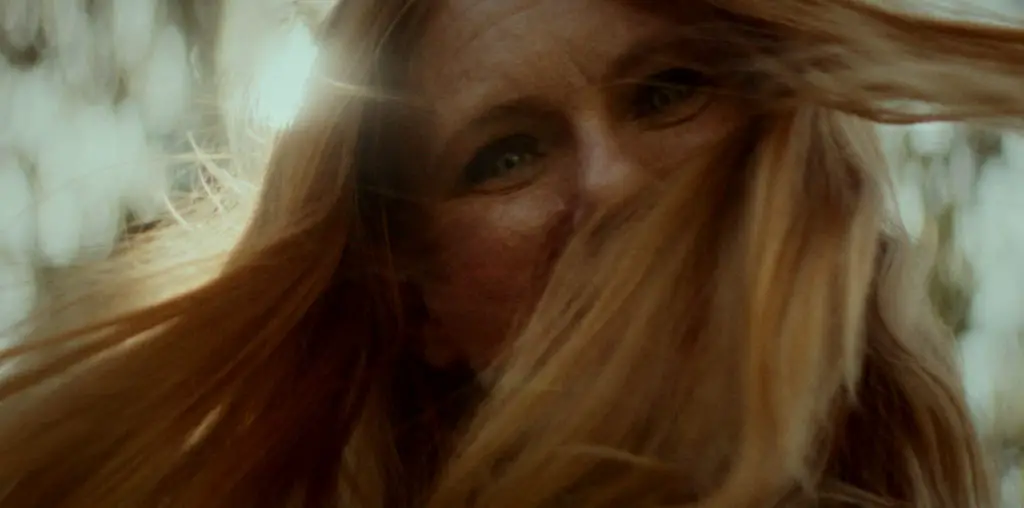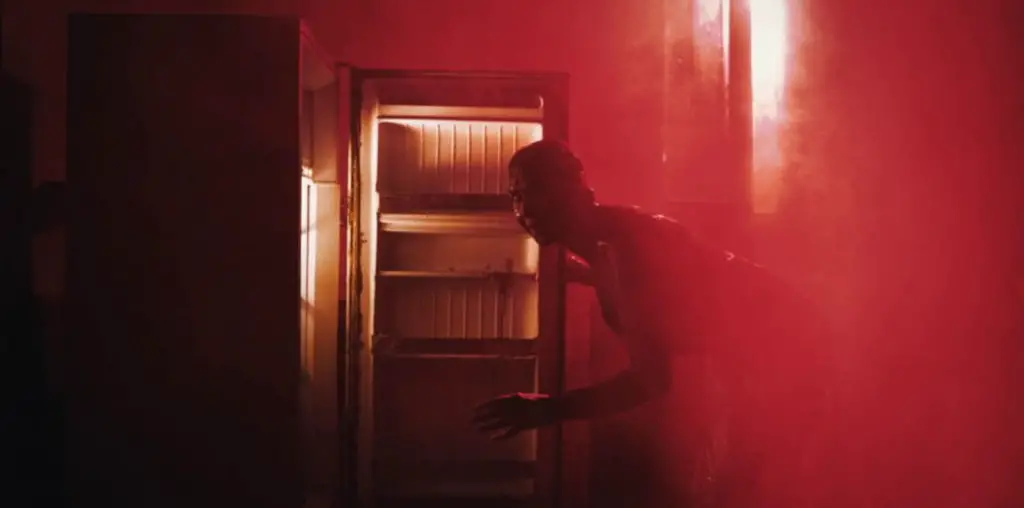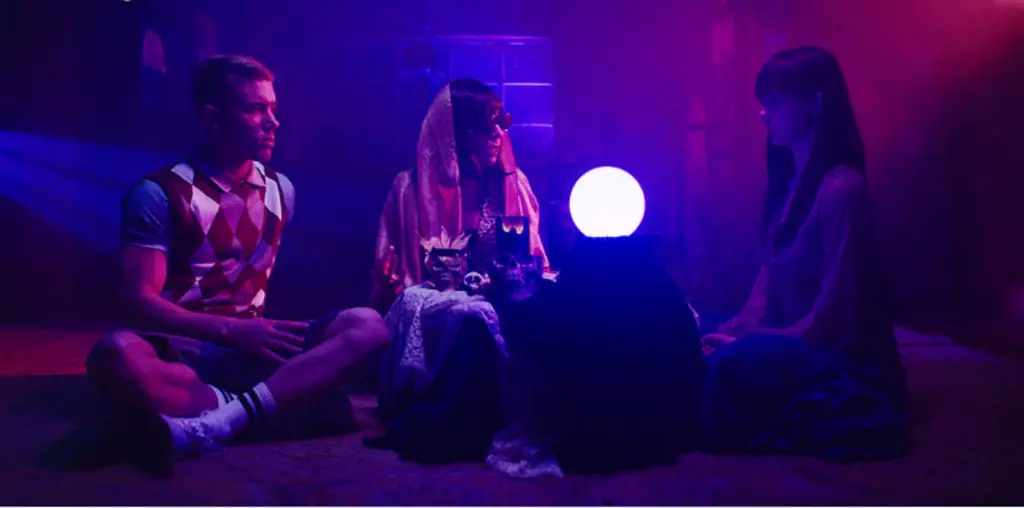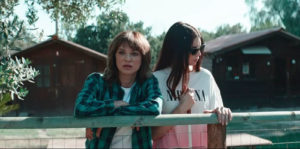
LOFT FILM FESTIVAL 2022 REVIEW! The bloody Italian thriller Dark Glasses (Occhiali neri) is famed director Dario Argento’s best movie in 20 years. Diana (Ilenia Pastorelli) is driving to work when she notices everyone is acting peculiarly. She pulls over in a park and follows the crowd. There is a total eclipse of the sun, and Diana looks at it with just her dark glasses as protection. She leaves the dark glasses on at work as her eyes feel strange.
Diana is a sex worker working in the industry’s high-end section. She controls the standards in her workplace, refusing to work with one client, Matteo (Andrea Gherpelli), for stinking after working in the kennels all day and another for trying to fist her. Complicating matters is a murderer strangling sex workers with cello strings around the city.
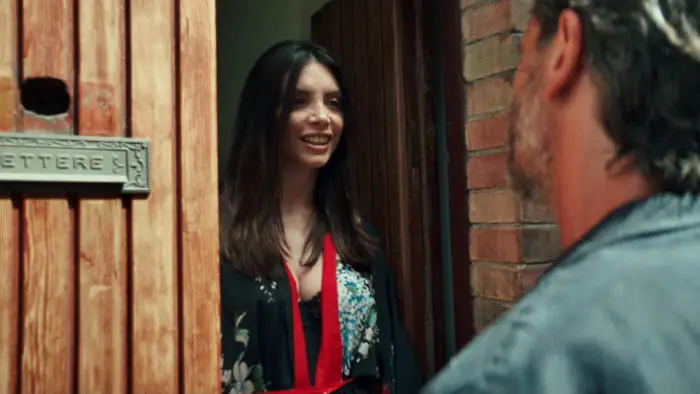
“…in her dreams, Diana sees the killer relentlessly hunting her down.”
One night, a van chases Diana’s car and repeatedly rams its back, forcing her to crash into another vehicle. Diana is blinded by the accident and needs help from Rita (Asia Argento) with the Blind Society to learn how to get around again. She reaches out to the orphan Chin (Andrea Zhang), whose parents were killed in the other car in the accident that blinded her. However, in her dreams, Diana sees the killer (Fabrizio Eleuteri) relentlessly hunting her down. In the darkness of her new life, she realizes it isn’t just a dream and starts living on the edge of being murdered.
Dark Glasses is Argento’s 27th feature as a director since he started his career in 1970. In 1977, Argento shook the cinematic world with Suspiria. Its insane prog-rock sound design and achingly beautiful visuals overachieved so much that the horror picture elevated into high art. The witch, the Mother of Sighs, cast a curse on Argento to where he would never be able to match the expectations. The sequel, Inferno, is equal to or even better, and the next film, Tenebre, is Argento’s masterpiece. However, the technicolor glare of that classic washed both out amongst divided fans and critics. The main criticism boils down to being good, but not Suspiria.
After Opera, the gulf between the filmmaker’s 1990s output and Suspiria grew even more comprehensive. After Sleepless, his last solid picture, the quality of Argento’s work plummets into forgettable mediocrity. His last effort a decade ago, Dracula 3D, found ways to avoid doing anything memorable or enjoyable with either the classical monster material or the 3D gimmick. The 10-year silence from Argento was not just bearable; it was preferable. No one wants to see their heroes fall.
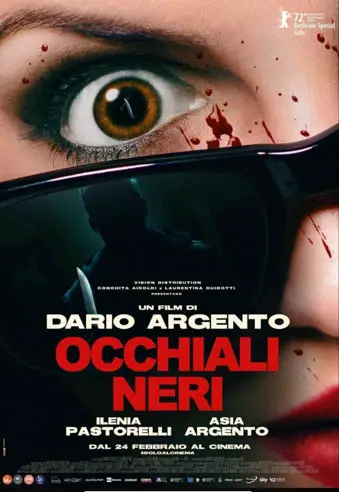
"…Argento's best movie in 20 years."
